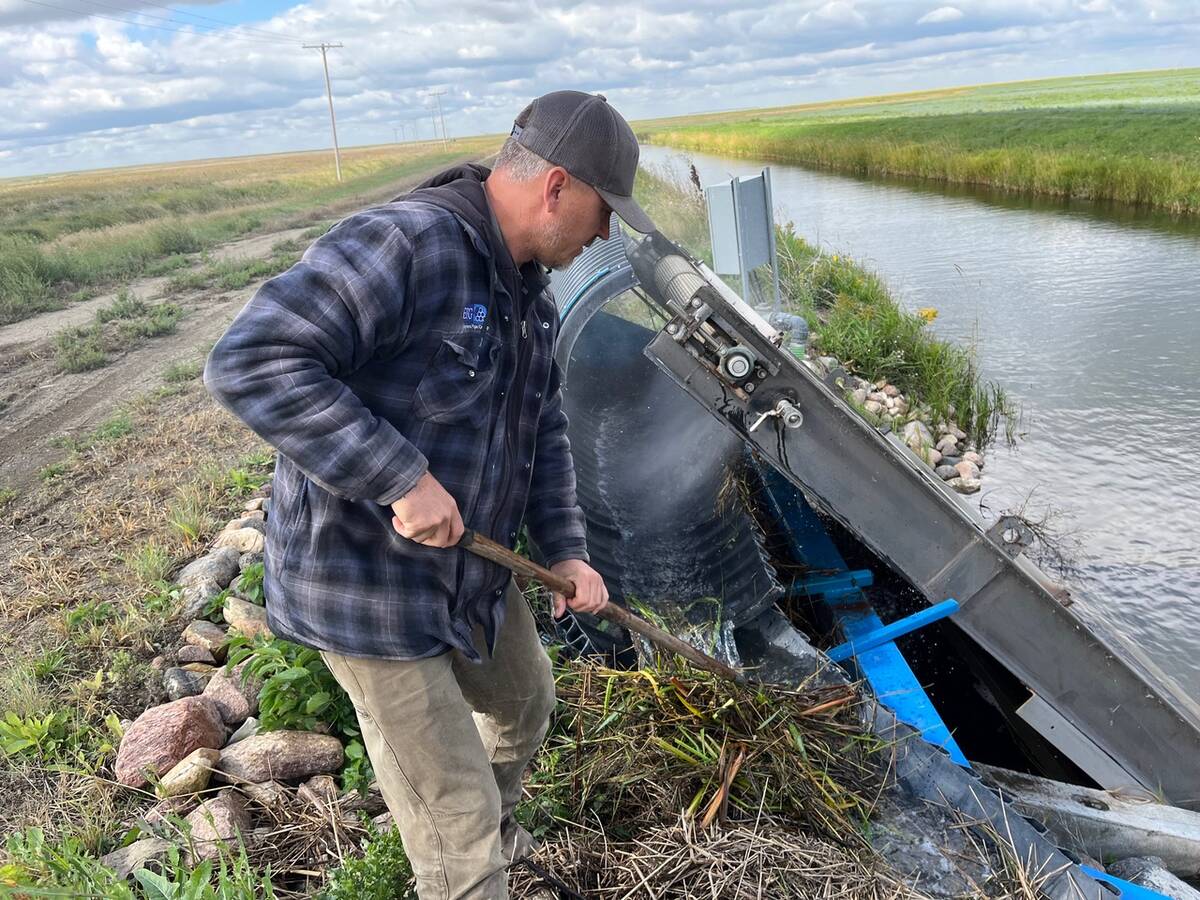REGINA – The overall health of the sheep market was apparent during the 39th Canadian Western Agribition, held Nov. 21-28 in Regina.
Prices at the Saskatchewan Sheep Breeders Association (SSBA) sale reflected healthy meat markets and strengthening interest in herd expansion.
Commercial lambs brought $15 to $50 above slaughter prices of $150 to $200 per head.
Replacement ewe lambs and bred replacements brought $300.
Rams sold for up to $650 per head. The top sale was a Suffolk ram bred by Ward Mottelson of Saltcoats, Sask. The top Texel ram, bred by Kimdain Sheep of Regina, brought $560.
Read Also

Saskatchewan farmer uses tile drainage to manage water
The integration of both irrigation and tile drainage results in higher yields, water efficiency, improved soils and less nutrient runoff, says one producer.
Bonnie Tweedie of Bare Hills Dorsets said ram prices were strong for the time of year.
“Considering all of the purebred and most of the commercial breeding is over for the season, with only those lambing on grass left, these are very good ram prices,” said Tweedie of Delisle, Sask.
Texels, Dorpers, Dorsets and Hampshires were the most popular breeds into the sale ring, with a reduced number of Suffolks from previous years.
SSBA president Kim MacDougal, who raises sheep near Regina, blamed the declining number of Suffolk in the show and sale events on fewer producers who handle that breed.
“Despite good profitability in sheep, there are still few producers and breeders, so if one or two get out of the industry or don’t attend an event, we see big changes in numbers and breeds in attendance.”
Tweedie said the quality of animals at the Regina event was high this year.
“We are seeing some very high quality animals here. I think, in the future at this event, we might see more commercial ewes, bred ewes … to meet the needs of an expanding interest that is out there in the sheep industry,” she said.
“What we as breeders need, the whole sheep industry needs, are the borders opened. We need more genetics, more range of options, more markets.”
European and American genetics remain off limits to Canadian breeders in an effort to prevent the spread of scrapie.
















